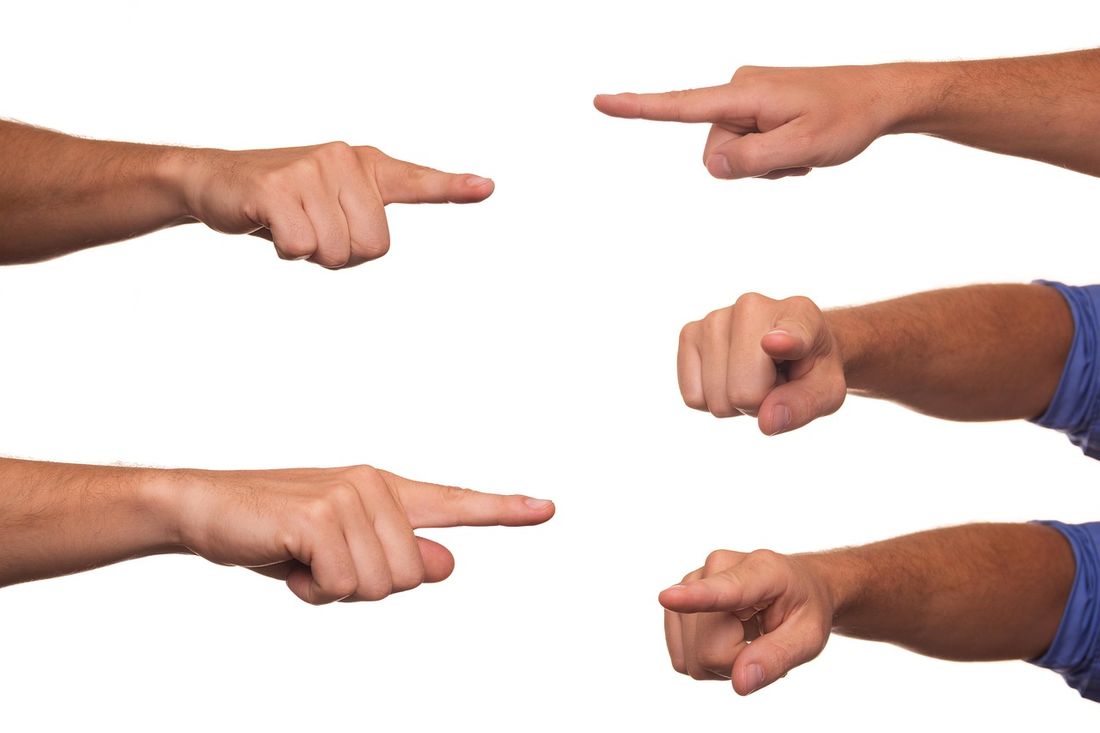Have you ever noticed how easy it is to find "flaws" in others? We criticise others for the way they look… the way they talk… the way they speak… the way they dress… the choices they make. We get irritated by their habits or personality.
Why is it so much easier to see imperfections and negative qualities in others but not in ourselves?
Welcome to the world of psychological projection!
Projection is a common, often unconscious, defense mechanism that involves transferring feelings, traits, beliefs, or fears that we don’t want to acknowledge in ourselves onto others.
For example, someone who is insecure about their own appearance frequently criticises the appearance of others. Instead of confronting their own self-esteem issues, they point out flaws in others. But on a deeper level, what they see in others is often a reflection of their inner self. When they criticise others, they are really criticising themselves.
Projection is a way to draw attention away from our own insecurities, unresolved issues, and vulnerabilities. It is so much easier – and less painful – to attack or blame others for issues we need to address within ourselves. Projection makes us feel good and provides a sense of relief from uncomfortable emotions. But it is often followed by feelings of guilt, shame, and frustration, leading to a continuous cycle of emotional instability.
Projection can manifest in many different situations, from personal and workplace relationship dynamics to social interactions. Increasingly, social media platforms make it easy for us to project our insecurities onto others. They are often used as an emotional dumping ground.
We all use projection from time to time. However, when projection becomes excessive, it can lead to negative long-term effects such as fear, resentment, strained relationships, and ongoing conflict. It can also lead to a cycle of "victimhood", preventing us from addressing our vulnerabilities. We become stuck in this mindset, unable to move forward.
How do you know if you are projecting?
- Are you defensive and feel threatened by feedback, trying to justify your actions?
- Do you overreact and have disproportionately strong reactions to minor or trivial situations?
- Do you have problems controlling your anger?
- Are you overly judgemental and believe that your opinions and ideas are always right, and the views of others are always wrong?
- Do you shift responsibility and portray yourself as a victim?
- Are you easily hurt by the actions and words of others?
There are so many ways we project ourselves. It’s so much easier to sweep the things we don’t want to deal with under the carpet. It’s so much easier to blame everyone else for our shortcomings.
But we are all human. We all make mistakes. We all have insecurities. We are all flawed and imperfect.
Carl Jung, an influential psychiatrist and psychoanalyst, studied the concept of projection extensively. He stated that we all have a personal "shadow", made from the darker aspects of the human psyche. These hidden parts are the repressed desires, weaknesses, and other shortcomings we hide from ourselves and those around us. Jung believed that it’s important to shed light on all the parts, or "shadows", we reject in ourselves and integrate them into our personality.
The next time you catch yourself criticising someone or having a strong reaction to a situation, take a moment to pause. Ask yourself, "Is this really about them or is it about me?" What "part" of yourself are you projecting onto the world around you?
It takes courage to be vulnerable and openly discuss our shortcomings. Sometimes our insecurities are deeply ingrained and difficult to manage on our own. Talking to a trained therapist can be really helpful.

Eila Mikkonen
Counsellor, Clinical Supervisor & Mental Fitness Facilitator


